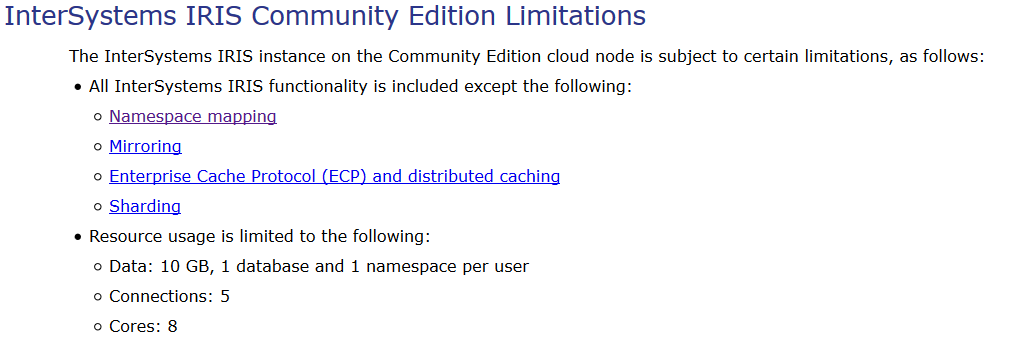Did you intentionally start your Serenji service process on port 43221 rather than the default port, which is 43211?
You can check the status of that service process by running this command in a Cache Terminal:
D ^%Serenji
The output includes a section like this:
Serenji explore/edit/debug service ---------------------------------- Service status: Running Primary port: xxx Aux port min: xxx Aux port max: xxx Server address: xxx
- Log in to post comments


